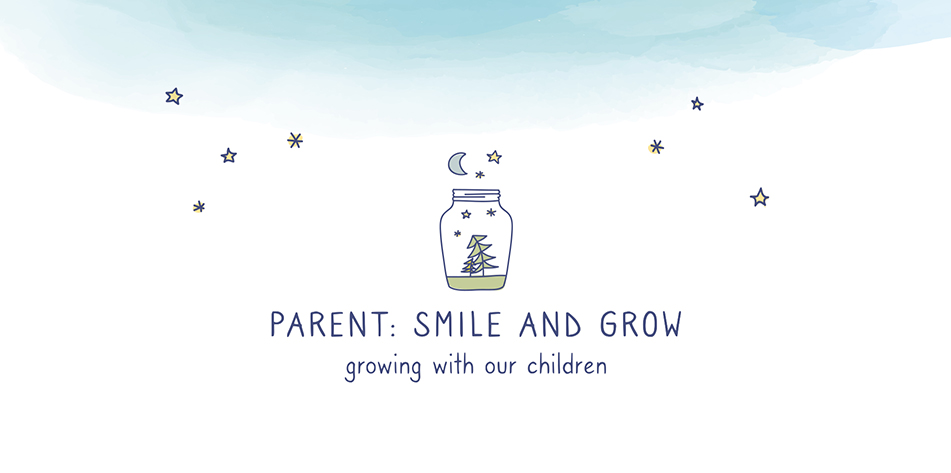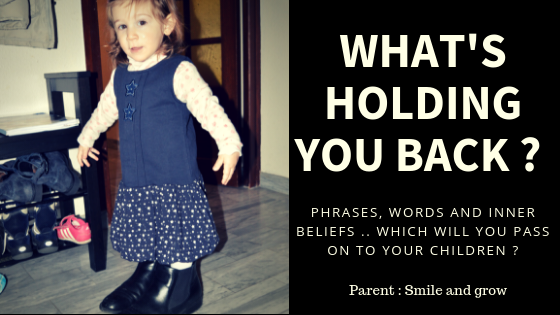I can’t do it, I’m no good! But what shall I do? That’s the way it is! There’s nothing we can do about it.. Sometimes I catch myself in these thoughts. Without realizing it, without really knowing how to stop. But .. is it true that nothing can be done to change things? How do these automatic thoughts affect your life? What is limiting you, really, behind these words? And if you really have conditioning beliefs … you surely don’t want to pass them on to your children! We want them to grow thinking that anything is possible, if you believe. Have you ever thought about the number of beliefs that dot our minds, for better or for worse? Let’s take a look!
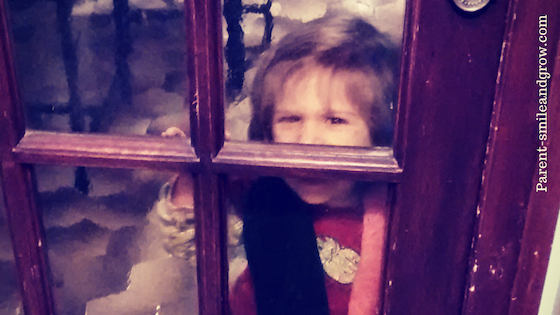
Table of Contents
Realizing what is limiting you.. Routine !
End of autumn, it was still dark outside when we left home in the morning. Come on, hurry up, mom has to go to work!
Why can’t we never get out on time?
Then I would leave her in preschool as soon as it’d open, before the teacher came in. Morning staff tried to be nice and smiling; but it didn’t work too well for my daughter. She was looking at me as if I was abandoning her on the gallows.
Sometimes, noticing a friend, she would join him to draw. More often, she clung to me crying. Honey, mom has to go to work, I’d really rather stay with you a little longer, but I can’t.
Right. Must I work? Or do I choose to work? And why? I fought against these questions. There was no time to answer them.
And when I let them filter into my conscious space, a dark shadow would tighten me. That’s the problem when you become a parent. Everything takes on another meaning.
Where do you want to go? What do you want to become? When, and why? And when will you do something to get there?
One day. But yes, one day, I’ll have time. One day I’ll know how to answer. But not now, not today, honey. Today, we must go.on.fast! Why do you get distracted all the time! You never manage to concentrate!
Talking about what is limiting you
There was an imbalance in our balance … But that’s not what I want to talk about today. It’s just to sketch how my inner research has begun..
When I started wondering : Where do I want to go?
How can I give deeper meaning to what I do every day ?
..
And what shall I answer to my daughter, when she asks me why I go to work, besides because that way I can earn some money to buy food and go on vacation
? Certainly, there’s some truth at that.
But giving up some time with my daughter just so that we can catch up on a vacation, that’s not entirely logical, is it? And that’s not the message, it’s not the values that I want to convey to her. There is something else. And so .. What is limiting you?
These inner voices were bothering me. One day, at work, I was offered a training that seemed so right for me and for which I can not thank enough. (It’s called Springboard, in case you should want to know something about it!)
It’s designed for women, and we sit and talk about these existential questions, what is limiting you, what prevents you from feeling fulfilled, etc. And there’s something interesting : what is limiting you is often some “recorded messages”.
You see, those phrases that we hear over and over since we’re born, which hide deep, inner beliefs; they are printed in us and shape our way of thinking. From there, they also change the actions we decide to take.
How many beliefs are so well recorded in us that they become unconscious part of our decisions? Absolute truths. And if we don’t identify them, we’ll probably pass them on to our children…

That’s what is limiting you! Something for each one of us
You should be content with what you have
Partly true. But where’s the desire to do better?After a certain age, no one wants you anymore.
Does my self-worth depend upon my age?You’d better watch out, or you’ll end up suffering all your life
Thanks for your encouragement! That’s it !The day is wasted
After an unexpected change in our plans .. And what if it gets better? Certainly not if we stay in such a bad mood ..Without some luck, you can’t go anywhere
and so when things are going well, it’s not thanks to our efforts and abilities,but only because we’ve been lucky, right?Without sacrifices and a lot of work, you’ll never get anything
Maybe .. There are things I don’t want to sacrifice. And what if I can achieve my goals without too much suffering? Doesn’t it depend on my priorities, what is important for me?You can’t have it all
nothing ventured nothing gained..It’s no longer possible at my age
Why not?There are mistakes that a woman cannot afford
Help!You are our rock
Right .. am I entitled to support and to show my fragility too?
Here’s the common denominator that I see in these sentences : they express absolute certainty and judgment. We aren’t stating facts, but “social rules” that seem irrefutable. And please note, these sentences depend a lot on our culture, so adapt them to your own situation!
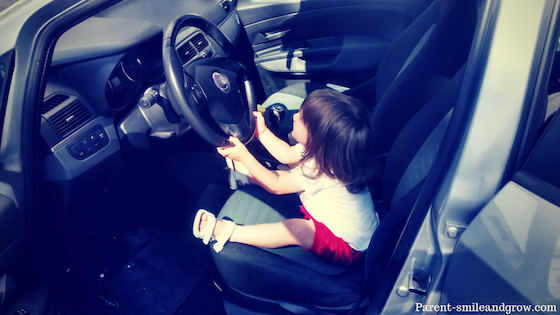
Just a phrase?! Then..What is limiting you?!
I don’t know if that rings a bell .. 🙂 And see, even if they were recurring phrases, I never really thought about it!
Saturday morning. I really wanted to go on a mountain hike. But we ran all week, we are tired; we didn’t organize anything, there’s nothing to prepare our sandwiches with, I’m the only one that loves hiking anyways..
It ends up being too late, the weather’s gone bad. No hike.
Maybe we can do something else? What would you like to do?
my husband asks me. But my face expresses an anger without solution.
In my head, a phrase went in a loop : “Our day is ruined and wasted anyways.” All I had to do was confirm it, behaving myself in such a way as to make me hate, ruin everybody’s mood, and not appreciate anything that would happen on this otherwise tranquil family day..
Just to give you a small example of the process. 😉
Why can these phrases harm us ?
- These sentences are repeated so often, that they become beliefs. Moreover, beliefs that are not worth refuting. What is limiting you is then one single sentence, setting a boundary that may exist only in my head.
- We convince ourselves that we are not capable. That we don’t deserve something. That since we don’t have one characteristic or the other, then we shouldn’t even try.
- They can bind us to a judgment about ourselves or others.
- In the end, we come to believe that we deserve something only because of what we do, not for who we are.
- They make us believe that we are worthy of love provided something, instead of unconditionally.
- It requires us to show only one side of us, our strengths and not our weaknesses for example.
- These sentences induce guilt when we try to break the conventions.
- They insinuate that beautiful things only happen after a certain amount of suffering. That our value is related to our suffering. We must almost feel guilty if we are well, when we’re happy for no reason or for little things.
And the risk, in the long term, is to lock ourselves in a cage of limits, a cage made of words, without realizing it, without being able to leave. And to lose the sense behind our daily actions. (I already talked about it on a previous post on breathing).
It’s hard to reformat and get rid of this cerebral programming!
Philosophical hint ..
It was liberating to see how, in our training group, everyone had “her” phrase; but all shared the same barriers. I still needed to internalize the daily implications of all this revelation though.
Fast-forward a few months. A friend suggested me to watch a conference of Thomas d’Ansembourg. (I talked about it in this post.)
His words, and his person hit me. You know how sometimes we get an unexpected boost, right when you need it.
I immediately bought two of his books. So many passages reminded me of these famous recorded messages. These are the one who struck me the most.
“Double vaccine with double booster”
This is how the author calls them. He points out a few common ways of thinking in our societies :
We are not here to have fun ! = achievements require effort and fatigue = if you feel happy, you’re probably a selfish person, you should feel at least a little guilty = find at least one thing that goes wrong and you can complain about! (First vaccine)
We must be happy with what we have = we have the duty to be happy = If you are not happy, you should feel guilty (First booster)
Have you noticed the incongruence and constant presence of guilt? We are used to thinking that our inner states should exist only in opposition: either I am happy or I am sad. What if I was satisfied with one aspect of my life and disappointed with another at the same time?
An inner paralysis.
Here’s the other one :
You have to be the best = success and good results are necessary for happiness and accomplishment (Second Vaccine)
Don’t be the king of the castle = keep a modest profile, don’t you dare shoving up = achievements and success are only for others, but not for me (Second Booster)
So, I wondered : what phrases are conditioning my self image ? And which one am I unconsciously passing on to my children?
I really don’t want to convey to them the message that my love is somehow conditioned. Or label them in any ways. Make them believe that in life, you have to run all the time. (Alright, too late for that … Even if pay attention, I must tell them to hurry up at least ten times a day..)
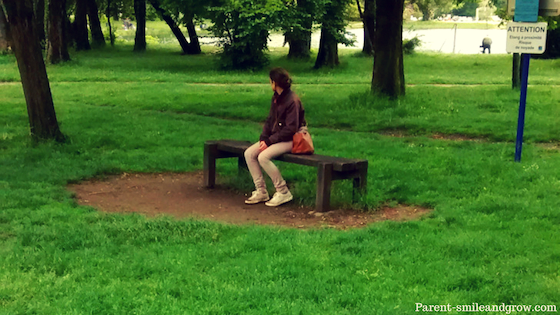
Untangling the conditioning
So, I researched, thought and read, and gave myself a time of observation. I tried to pay attention not only to what I think (my own recorded messages); but also to what I say, especially when I’m exasperated or nervous and I go on autopilot (horror!) .
I read various articles on positive psychology, a book on nonviolent communication; at one point, a light bulb came on and I realized that I was constantly using seemingly innocuous little words….
Never, always, too much, not enough, beautiful, ugly, bad, good .. rather than giving objective descriptions.
Now, we can tell ourselves that if we have to control every word that comes out of our mouth, we won’t live anymore. True. But it’s also true that words have their weight, their consequences. And that sometimes, when we train to express ourselves in a certain way, then, slowly, over time, we also shape the way we are. We are changing the settings of our autopilot, so to speak.
What about our kids?

For example, “Well done, honey, you’re so good in putting your toys away!” suggests that you are good when you do what I want you to do. It’s like conditioning my love for my son to his actions.. But I want to love him, no matter what!
“Wow, I see you put all your clothes away! ” Said with an approving tone, it states a fact, and rewards a positive action..
“You never do what I say! ” Beside the irrevocable statement, that’s another linkage: I love you if.. you do what I say.
Whereas “I see that the toys I’d asked you to put away in their basket are still laying on the floor” expresses a fact, not a judgment.
One thing I often say to my daughter is “Please try to focus, you can never concentrate!” because she tends to wander from one activity to another, from one thought to another (like me for that matter).
And what if that was her strength? why shall I send her the message that she is something I don’t approve of? In short, how to turn judgment into positive encouragement, the limits into freedom ?
From : What is limiting you? To : what can you change?
Is it possible to reverse the situation and transform a belief that limits us to a conviction that opens us to the possible?
I believe so, but with time.
Because if we’ve been used for years to adopt a certain vocabulary, construction of sentences, adjectives and adverbs, our brain automatically proposes them to us.
We need a conscious effort to change our language (verbal or thought). Until when the new way of speaking and thinking will replace the old one. A transformation!
A positive transformation, step by step
Ok, I have beliefs that limit me, I see that. And now what?
With time, I identify new conditioning beliefs. Beliefs about money, for one thing. How do we unconsciously consider people who have more, or less, than us?
Or personal fulfillment. What is a professional accomplishment for us? Our job title? Or a degree? Our status?
Again, we have a dream, we want to change things .. but deep inside we are convinced that’s not for us, that we are not able / we don’t deserve it / etc, and so we do nothing about it.. The dream remains a dream.
If we only knew! Because once we’re able to see how such words create barriers to actions, we can remove them and set free!
If I had to tell you where I started .. I’d say two things.
- Observation and conscious listening to our thoughts and words.
- A lot of reading
Especially with regard to the language we use (the transmission of these beliefs!) I found especially valuable Marshall B. Rosenberg’s “[eafl id=”1166″ name=”rosenberg Non violent communication” text=”Nonviolent Communication”]”. It presents in a clear and concrete way, with exercises, the type of language that judges, and how to transform it into a loving, caring way of communicating that may set us free.
Nonviolent communication is quite another subject, but if you are interested in knowing something more about it, check it out here and here.
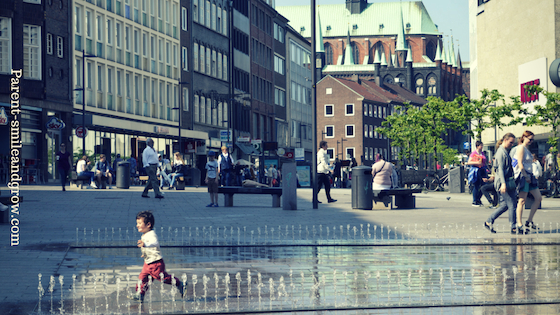
Open up your limits
To conclude, I’d like to share with you what is limiting me the most. My deepest conditioning sentence..
The most difficult path is always the one that brings the most happiness at the end
deep down, I’m still convinced .. that we must sacrifice ourselves.
Yet, at the training, they suggested I’d transform it into :
My self-worth does not depend on how much I suffer.
There’s so much more freedom !
We can start with that. Let’s identify one sentence that imprisons us, and change it until it sets us free. We can repeat it every day, and when it becomes an automatic thought, we can move on to another sentence, and so on.
What are your limiting beliefs, your recorded messages? Is there one that you repeat to your children? Write it in the comments below! We could work together to find a positive transformation!
